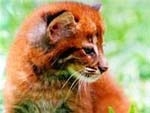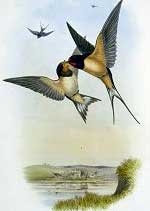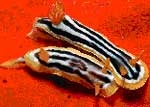marsupials are believed to have undergone more evolutionary changes compared to other mammals, including humans.
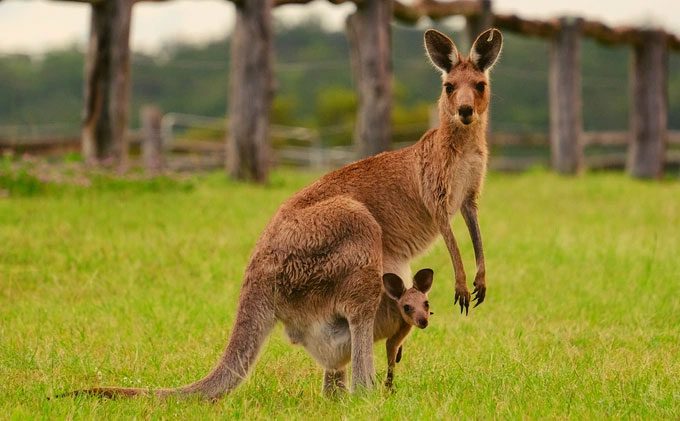
Marsupials represent a species that has evolved significantly more than the ancestral form of mammals.
A new study challenges the view that marsupials are a more “primitive” group compared to other mammals. To support this, the research demonstrates that marsupials have developed to a greater extent than mammals since the last time these two groups shared a common ancestor.
Anjali Goswami, an evolutionary biologist at the Natural History Museum in the UK, admits: “We have misjudged marsupials. It turns out that they are more evolved than the ancestral form of mammals.”
“As higher animals, we often have the notion that humans are the group towards which evolution is directed. Or we see ourselves as the center of everything. However, that is not how evolution works,” Goswami explains.
Accordingly, scientists argue that the species that undergo the most changes compared to their ancestors are considered to be more evolved.
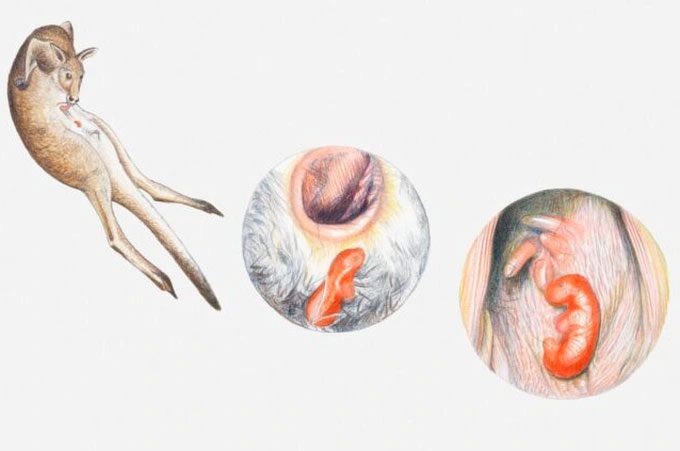
This illustration of a wallaby shows the process of a joey climbing into its mother’s pouch. (Photo: Getty).
In this context, marsupials, such as kangaroos, wallabies, and koalas, have indeed demonstrated a more specialized form of development, requiring more significant changes in characteristics compared to their common ancestors.
The most apparent detail is their reproductive method. Marsupials possess a unique mechanism that allows them to give birth to young that reside inside a pouch on the mother’s abdomen.
This enables the young to be born much earlier than in other mammalian species. Mother marsupials also do not need to develop complex systems including a placenta, amniotic sac, or uterus to protect the young within their bodies.
“Their reproductive method is not an intermediary form between egg-laying mammals and those with a placenta, but rather a completely different form of development,” Goswami emphasizes.
In other words, marsupials are better adapted and can easily undertake migrations from one continent to another thanks to their flexible reproductive system.
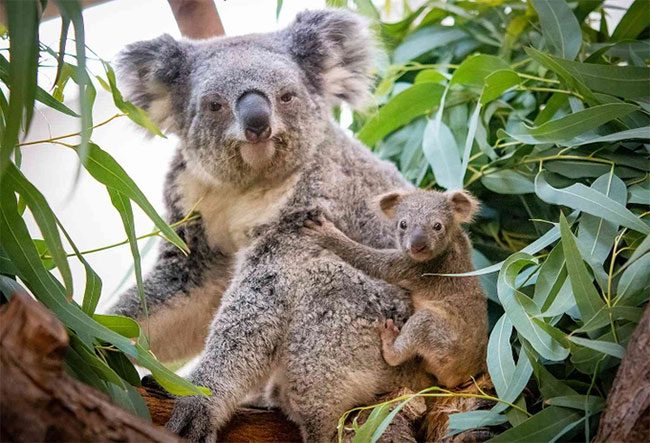
Marsupials are believed to have undergone more evolutionary changes compared to other mammals, including humans. (Photo: People).
Additionally, marsupials also cope better with unstable environmental situations. In the worst-case scenario, they may simply leave their young behind during the early stages of development.
This action may seem cruel, but in reality, it is a low-risk survival strategy, as the offspring can survive and continue to reproduce later.
“The downside of mammals is the long gestation period. Therefore, if an animal goes through a period of resource depletion, both the mother and the young may die as their bodies are intertwined,” Goswami explains.








































